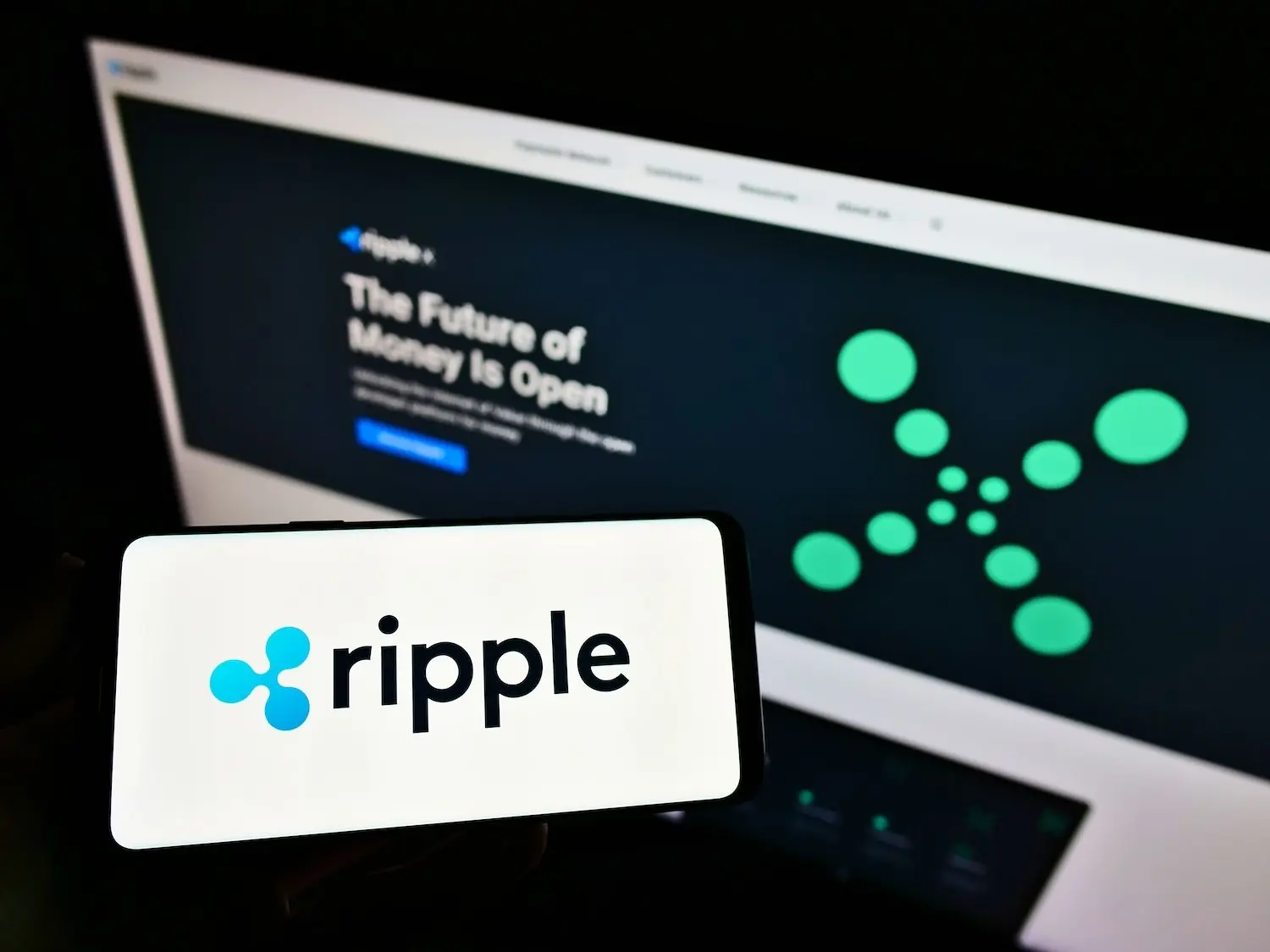Ripple Chief Technology Officer David Schwartz has firmly rejected community concerns that declining XRP prices could force the company to accelerate token sales, arguing that diversified revenue streams have reduced the blockchain firm's dependence on XRP market conditions to sustain operations.
The executive's comments, shared on social media platform X, came in response to growing anxiety among XRP holders worried that Ripple's recently launched RLUSD stablecoin might lead the company to prioritize the fiat-backed token over XRP. Some community members argued that because RLUSD is tied directly to dollar reserves rather than volatile cryptocurrency prices, Ripple could become less motivated to support XRP during market downturns.
"How is it better if Ripple feels more pressure to sell more XRP if the price drops?" Schwartz wrote. "Wouldn't you think other sources of income reduce this pressure?"
Historical Dependence on XRP Sales Creates Uncertainty
The debate highlights lingering concerns about Ripple's business model, which has historically relied heavily on controlled XRP sales for operational revenue. The Financial Times previously reported that the enterprise blockchain firm would not be profitable without selling XRP, and Schwartz himself has acknowledged that XRP accounts for virtually all of Ripple's revenue.
Ripple manages its XRP holdings through a structured escrow system established in 2017, which unlocks 1 billion XRP tokens on the first day of each month. The mechanism was designed to bring predictability to XRP's circulating supply and prevent sudden market flooding. Typically, Ripple returns 70% to 80% of these unlocked tokens - approximately 700 million to 800 million XRP - back into new escrow contracts each month, releasing only 200 million to 300 million XRP for operational purposes and strategic initiatives.
At current prices around $2.50, the monthly unlock carries a notional value of approximately $2.5 billion, though the actual circulating supply increase ranges between $500 million and $750 million after re-locking. This substantial monthly token release has fueled persistent investor concerns about potential downward price pressure, particularly during market corrections.
Also Read: Technical Indicators Turn Bullish for XRP After Spike Below $1.90 Drew Buyers
RLUSD Stablecoin Represents Strategic Pivot
Central to Schwartz's argument is Ripple's strategic diversification through products like RLUSD, a dollar-pegged stablecoin launched in December 2024 under a New York Department of Financial Services trust company charter. The stablecoin operates on both the XRP Ledger and Ethereum blockchains and is fully backed by dollar deposits, U.S. government bonds, and cash equivalents held in segregated accounts at The Bank of New York Mellon.
RLUSD has been integrated into Ripple Payments, the company's cross-border payment solution, which has processed $70 billion in payment volume across more than 90 markets. The stablecoin is designed to provide instant settlement and liquidity for remittance operations while opening new revenue channels through transaction fees and enterprise adoption.
Ripple has also made significant strategic acquisitions to diversify beyond XRP-dependent revenue. The company purchased Hidden Road, a multi-asset prime brokerage, for $1.25 billion in April 2025, and acquired GTreasury, a treasury management software firm, for $1 billion. These moves position Ripple as a comprehensive digital asset infrastructure provider rather than solely a payments company reliant on token sales.
Community Skepticism Persists Despite Reassurances
Critics within the XRP community argue that revenue diversification could actually harm XRP's value proposition by making the token less central to Ripple's business model. If the company can sustain operations through RLUSD transaction fees, enterprise software licensing, and brokerage services, some holders fear XRP might be relegated to a "spare asset" with diminished strategic importance.
Schwartz framed the situation differently, suggesting that multiple revenue streams create stability that protects XRP holders rather than threatening them. When Ripple doesn't face existential pressure to liquidate holdings during market downturns, the company can make more strategic decisions about token distribution rather than forced sales to meet operating costs.
"Other sources of income reduce this pressure," Schwartz emphasized, arguing that financial stability derived from diversified revenue allows Ripple to avoid the scenario that investors most fear - desperate token dumping to keep the company afloat.
Escrow System Provides Transparency But Not Reassurance
The monthly escrow unlock schedule provides transparency into Ripple's maximum possible token releases, though the company retains discretion over how much to actually circulate versus re-lock. Data tracked by XRP Liquidity analysis suggests that if Ripple maintains its current pattern of releasing 300 million XRP monthly, the remaining 35.6 billion XRP in escrow could last approximately nine years and eight months, potentially extending to around 2035.
However, if Ripple were to stop re-locking tokens entirely - releasing the full 1 billion XRP monthly - the escrow would deplete within just three years. This flexibility gives Ripple significant control over circulating supply, which simultaneously provides operational agility and creates uncertainty for XRP investors trying to model future token economics.
As XRP trades around $2.50, down significantly from its 2025 high above $3.30, the question of whether Ripple's revenue diversification will truly reduce selling pressure remains largely theoretical until tested by prolonged market weakness. For now, Schwartz's message is clear: the company's broadening income base should ease rather than increase XRP distribution, regardless of price movements.
Read next: Ripple CTO Addresses Taxation Questions as XRP Ledger Debate Intensifies



